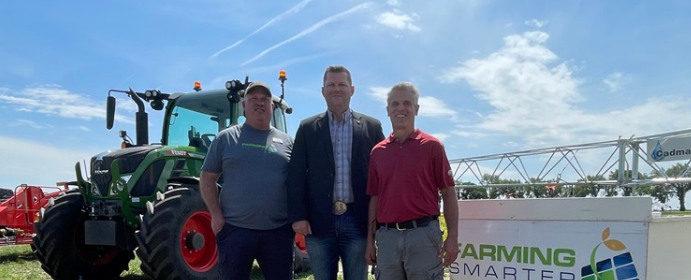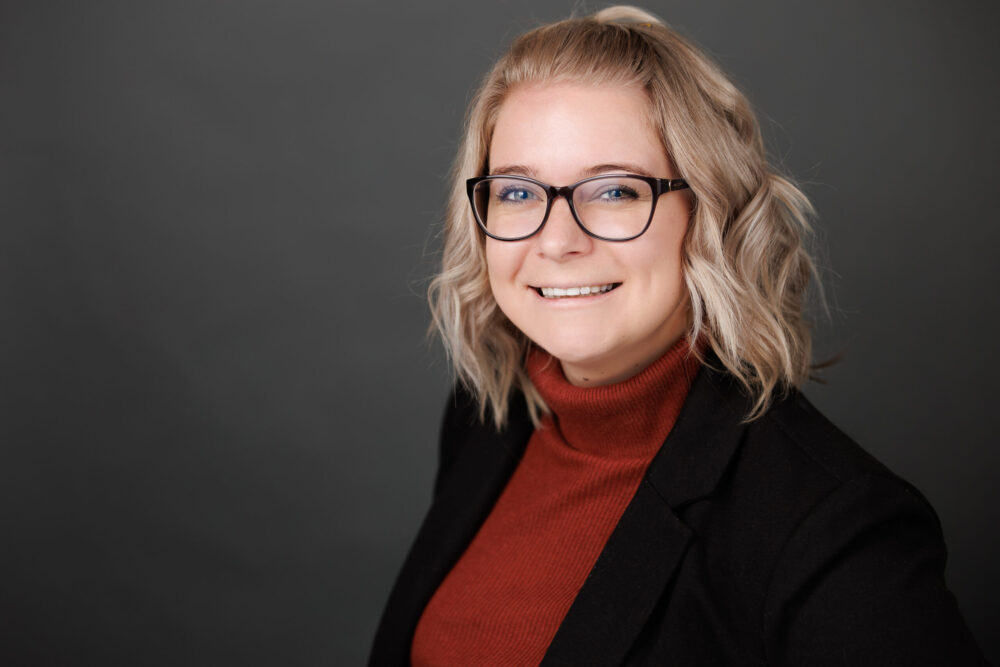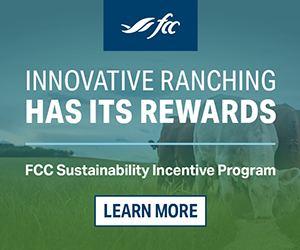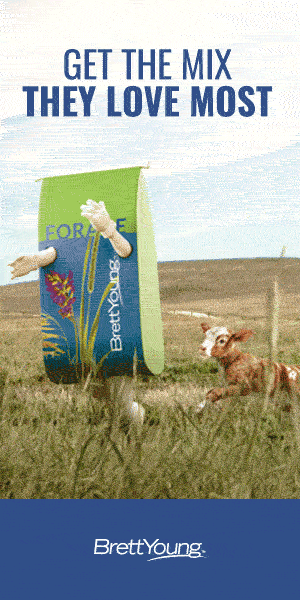AB Direct - Steers
Rail: 505.00-508.00 del (bids/sales)
AB Direct - Heifers
Rail: 505.00-508.00 del (bids/sales)
US Trade- Steers
Rail: ---
US Trade - Heifers
Rail: ---
Canadian Dollar
0.03

Alberta invests $3.2 million to boost agricultural innovation
The Alberta government has announced a one-time grant of $3.2 million to twelve applied research associations. This funding aims to upgrade essential equipment, facilities, and infrastructure, enhancing the province’s agricultural research and competitiveness.
The grant will enable applied research associations to extend the life of their facilities, address health and safety issues, and improve the quality of their research and extension activities. These associations play a crucial role in connecting scientific research with practical farming techniques, providing valuable learning opportunities for farmers and ranchers.
RJ Sigurdson, Minister of Agriculture and Irrigation, says the government is committed to free and unbiased research.
“Applied research associations are vital in supporting farmers and ranchers with research that advances agriculture,” explains Minister Sigurdson. “This funding ensures that these associations can focus on providing research and extension services to help our producers adopt new technologies and practices, thereby improving their competitiveness.”
Ken Coles, Executive Director of Farming Smarter, says this investment empowers organizations like Farming Smarter to drive innovation and support the growth of value-added industries.
“As a research and innovation organization, Farming Smarter is now better positioned to accelerate progress and enable advancements across Alberta’s agri-food sector,” says Coles.
The funding will be used to purchase essential equipment such as seeders, tractors, swathers, irrigation systems, and portable facilities. This investment aims to ensure that Alberta producers remain competitive on a global scale.
- Alberta has 12 Applied Research Associations spread across the province, including:
- Battle River Research Group Society
- Central Alberta Forage and Livestock Association
- Chinook Applied Research Association
- Farming Smarter Association
- Foothills Forage and Grazing Association
- Gateway Research Organization
- Lakeland Agricultural Research Association
- Mackenzie Applied Research Association
- North Peace Applied Research Association
- Peace Country Beef and Forage Association
- SARDA Ag Research Association
- Farming Forward (West-Central Forage Association)
These associations have been supporting the adoption of farm research since the 1970s, continually driving innovation and improvement in Alberta’s agricultural sector.




